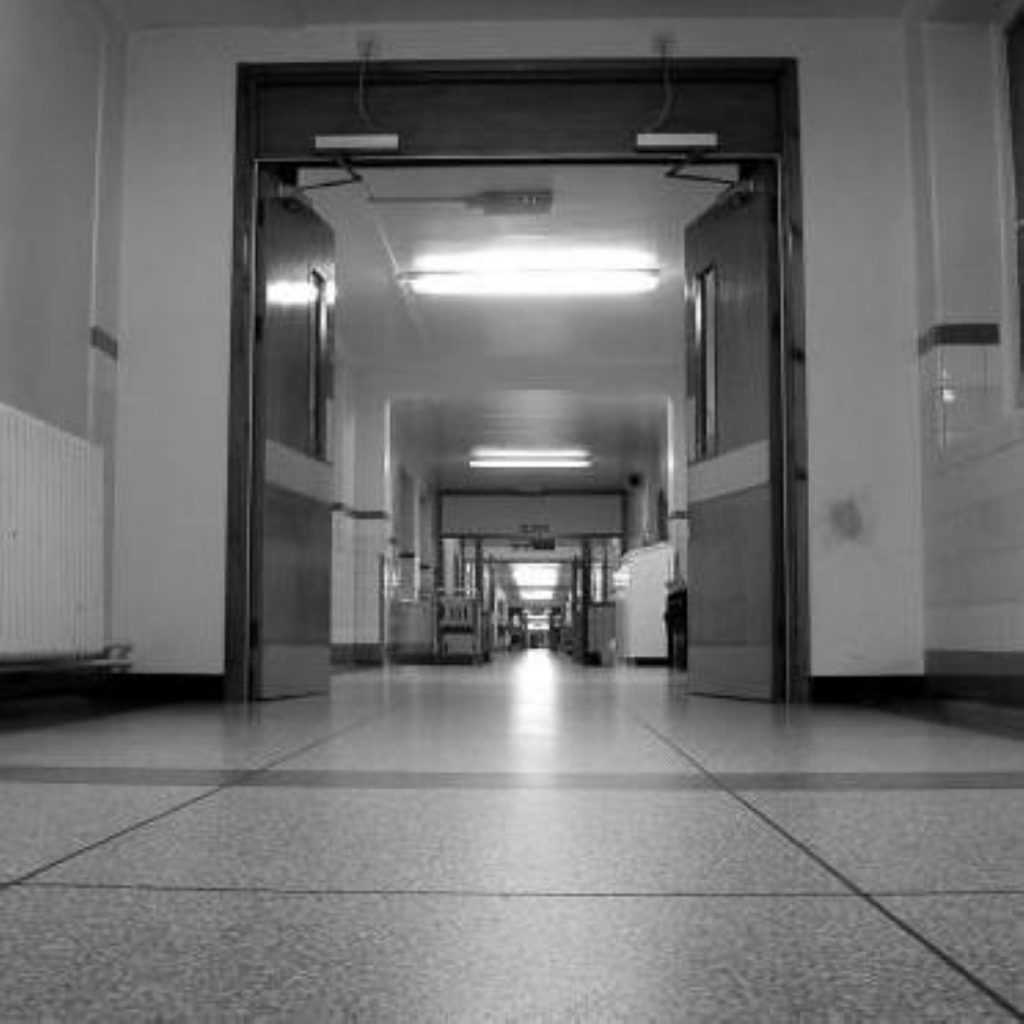PFI rethink urged after hospital scheme collapse
A rethink on the way expensive hospital-building schemes are managed in the NHS is expected after MPs condemned the handling of a £900 million project in London.
Plans to build a new health campus on the site of three hospitals in Paddington, west London, collapsed in 2005 after £15 million investment and five years of planning.
The public accounts committee today blames “appalling planning and forecasting of costs” by the NHS partners involved, but also warns the Department of Health (DoH) should have been more involved and clearer about its role in keeping costs down.
The report warns lessons must be learnt in all of the government’s other private finance initiative (PFI) schemes in the NHS, which so far involve about £13 billion worth of capital investment – about £4 billion more than the original estimates.


PFI schemes, which use private money to help improve buildings in public services such as health and education, have long been controversial. Critics argue they inflate costs of projects and are a major cause of the debts currently crippling many NHS trusts.
Today’s committee report finds the original 2000 estimate for the Paddington health campus scheme was £300 million, or £411 million in 2005 prices, but five years later this had gone up to £894 million and the project was set to be delayed seven years to 2013.
It notes disagreement between the two NHS trusts involved over what purpose the new scheme – which would replace three hospitals, St Mary’s, the Royal Brompton, and the Harefield – would have. For example, projected bed places changed from 835 to 1,200.
As a result, the original business case was “manifestly inadequate” and this was compounded by a lack of properly skilled managers – the first project manager left the job after just two years, so external specialists were brought in to great cost.
However, the MPs warn the DoH’s role made this worse, as it “lacked clarity in its role and objectives” being both “champion and challenger” of the project. It also criticises the hands-off approach, which meant it was slow to react to problems as they emerged.
“The department, in effect, left this £900 million construction project to local NHS staff who were rapidly out of their depth and floundering,” said committee chairman Edward Leigh.
He said there were many lessons to be learnt from “this sorry story”, namely that the DoH must engage in “closer and sustained scrutiny” of large-scale capital investment projects and demand appraisals where costs spiral out of control.
Liberal Democrat health spokesman John Pugh said the Paddington scheme was a “perfect example of what goes wrong with an NHS management structure where central and local bodies fail to communicate effectively”, and said it was patients who suffered.









